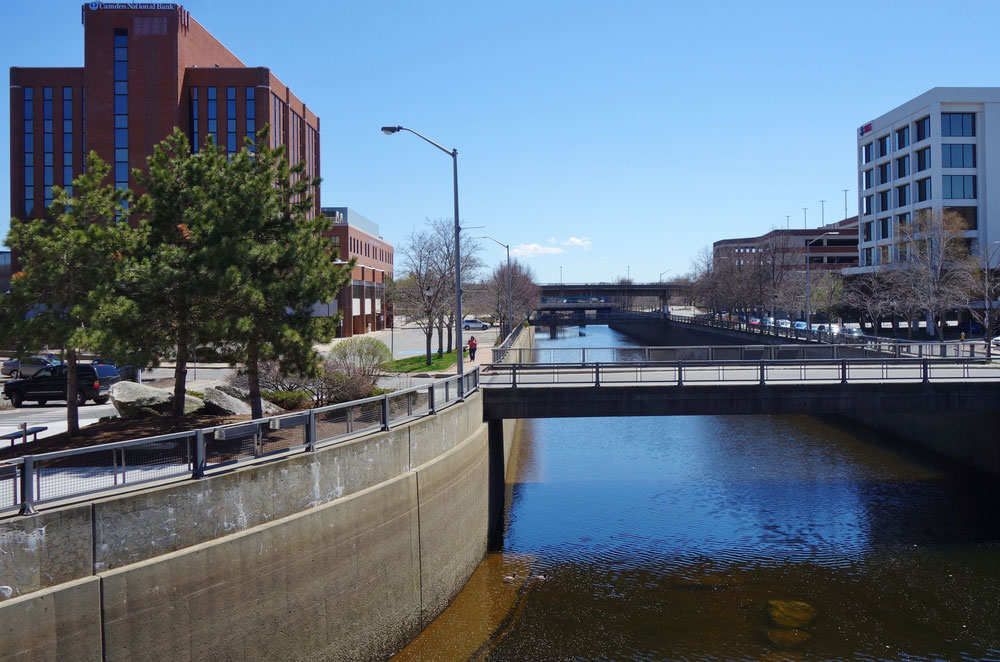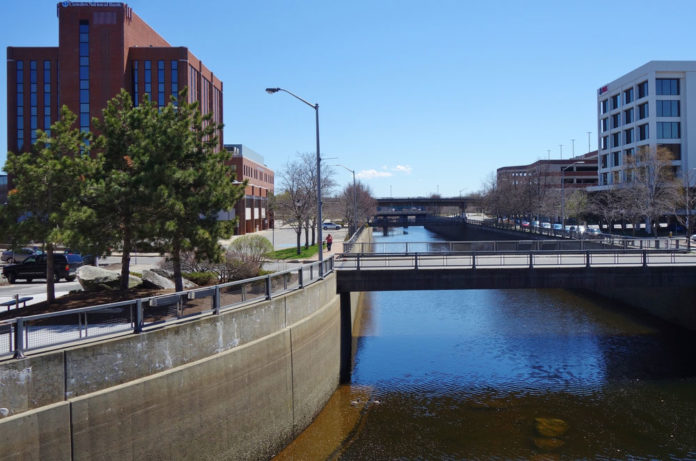Contract changes that would have affected numerous addiction treatment facilities in Bangor and other Maine cities have been delayed.
A few months ago, Maine’s Department of Health and Human Services (DHHS) notified centers that specialize in addiction treatment that payment options would change, given a new administration shift.
DHHS disperses government funds on an annual basis to service providers to conduct their operations. Currently, each addiction treatment center provides DHHS with a projected budget for their services. In turn, DHHS analyzes their budgets and distributes funds accordingly throughout the year.
Under the revised contracts, DHHS would instead reimburse providers for all their services. This fee-for-services model raised alarm among medical specialists who were expecting those funds to be available. Of particular concern was the short notice addiction treatment facilities were given to prepare for the changes.
Many administrators were vocal about the poor timing of the announcement. Originally, the payment changes would have gone into effect on July 1, 2018.
Communicating with DHHS, representatives of multiple agencies argued that the restructuring would drastically affect the quality of services they provide. Not only would drug detoxification clinics be hit hard but also addiction treatment facilities which offer medication-assisted treatment, cognitive-behavioral therapy, individual and group counseling sessions and residential care.
Malory Ottenson Shaughnessy, the executive director of Maine’s Alliance for Addiction and Mental Health Services, stated that with little time to transition, the changes would have a dire effect in many agencies’ abilities to curb the opioid epidemic in the state.
Additional providers stated that the current infrastructure eased the access to treatment for patients with substance use disorders. This specifically benefited patients who had no insurance or if MaineCare, the state’s version of Medicaid, could not fully cover treatment costs.
Representatives at some drug rehabilitation centers stated that they were worried the reimbursement payment model would cause them to shut down because of rising treatment costs.
In February, Maine Attorney General Janet Mills announced that Maine experienced 418 drug-induced overdose deaths. Opioids were present in 85 percent of overdose cases. Fentanyl contributed to nearly two-thirds of overdose deaths.
In April, nine heroin overdoses happened in four counties. Upon investigation, local police determined the overdoses and subsequent drug arrests were not connected with incidents in Bangor.
Sheldon Wheeler, the director of the Office of Substance Abuse and Mental Health Services, issued a letter to each addiction treatment provider, highlighting that the new structure will be in alignment with MaineCare and other insurance provider reimbursement guidelines. To alleviate concerns, the DHHS will allow providers the opportunity to better transition to the new payment model. Contracts will be reissued and include a clause to extend the current payment agreement for six months. The new changes will become effective on January 1, 2019.
Shaughnessy expressed gratitude that DHHS took the community’s concerns into consideration and granted addiction treatment facilities this temporary extension.
DHHS representatives assured treatment providers that the department is committed to helping patients access the substance use disorder and mental health services that they require.

















